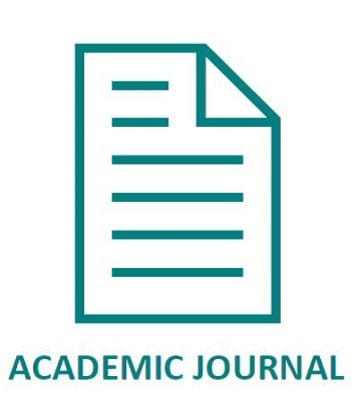Swords without covenants do not lead to self-governance
This paper presents an experimental study of two mechanisms for managing common pool resources. Decentralized peer punishment (swords) has been shown to increase cooperation in related social dilemmas, but only with linear private benefits and costs of public goods provision. We investigate the effectiveness of this mechanism for a more realistic nonlinear public goods environment, in isolation and in combination with nonbinding communication and informal agreements (covenants). The results show that swords do not increase cooperation or yield from the public resource, regardless of whether covenants are also possible. Covenants are significantly more effective in solving the social dilemma, and importantly peer punishment is unnecessary if communication is possible.
